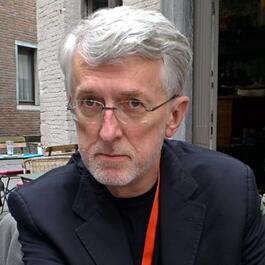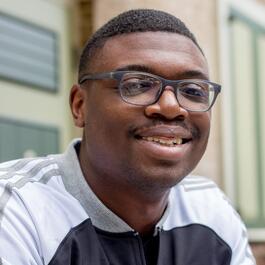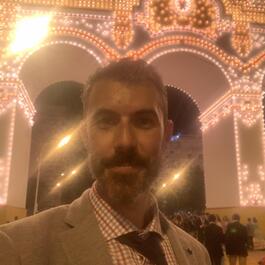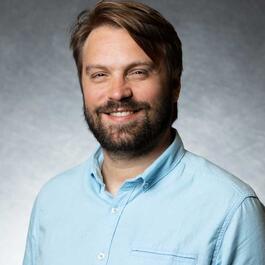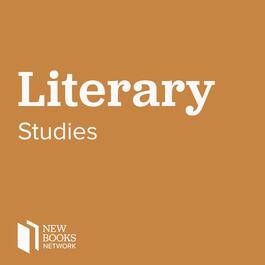
New Books in Literary Studies
This podcast is a channel on the New Books Network. The New Books Network is an academic audio library dedicated to public education. In each episode you will hear scholars discuss their recently published research with another expert in their field. Discover our 150+ channels and browse our 28,000+ episodes on our website: newbooksnetwork.com Subscribe to our free weekly Substack newsletter to get informative, engaging content straight to your inbox: https://newbooksnetwork.substack.com/ Follow us on Instagram and Bluesky to learn about more our latest interviews: @newbooksnetwork Support our show by becoming a premium member! https://newbooksnetwork.supportingcast.fm/literary-studies
Show episodes

Sheiba Kian Kaufman, "Persian Paradigms in Early Modern English Drama" (Oxford UP, 2025)
Persian Paradigms in Early Modern English Drama examines the concept of early modern globality and the development of European toleration discourse through English representations of Persian monarchs and Persianate conceptions of hospitality as paradigms of interreligious and intercultural hospitality for early modern

Miriam Udel, "Modern Jewish Worldmaking Through Yiddish Children's Literature" (Princeton UP, 2025)
As migration carried Yiddish to several continents during the long twentieth century, an increasingly global community of speakers and readers clung to Jewish heritage while striving to help their children make sense of their lives as Jews in the modern world. In her book, Modern Jewish Worldmaking Through Yiddish Chil

Thomas J. Mazanec, "Poet-Monks: The Invention of Buddhist Poetry in Late Medieval China" (Cornell UP, 2024)
Poet-Monks focuses on the literary and religious practices of Buddhist poet-monks in Tang-dynasty China to propose an alternative historical arc of medieval Chinese poetry. Combining large-scale quantitative analysis with close readings of important literary texts, Thomas J. Mazanec describes how Buddhist poet-monks, w

Scott Feinberg, “The Hollywood Reporter’s 100 Greatest Film Books of All Time” (2023)
In the October 12, 2023 issue of The Hollywood Reporter, Scott Feinberg offered an annotated list of the 100 greatest film books of all time. Drawing on a jury of 322 people who make, study, and are otherwise connected to the movies, Feinberg assembled an annotated list that reads like the ultimate film study syllabus.

Susan McCready, "Commemorative Acts: French Theatre and the Memory of the Great War" (U Toronto Press, 2025)
Drawing on memory studies and theatrical history, Commemorative Acts: French Theatre and the Memory of the Great War (University of Toronto Press, 2025) analyses a neglected body of plays staged in France after the Great War, between 1918 and 1937, to reveal their profound impact on collective memory and cultural ident
For a century, magazines were the authors of culture and taste, of intelligence and policy - until they were overthrown by the voices of the public themselves online. Magazine (Bloomsbury, 2023) by Jeff Jarvis, part of the Object Lessons series is a tribute to all that magazines were. From their origins in London and o
